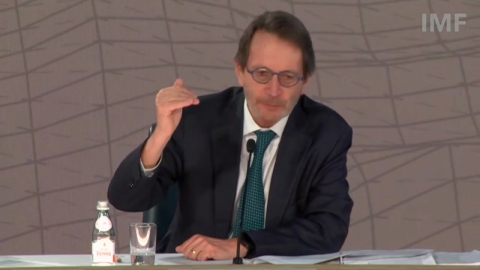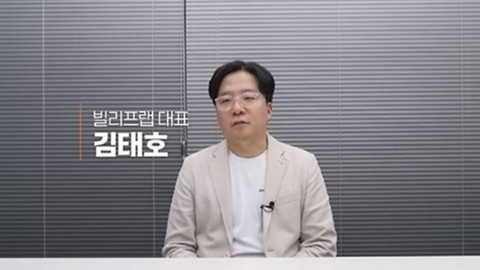It is expected to reduce drunk driving, but there are concerns about whether it can be settled properly.
Let me take a closer look.
DUI Prevention,
Simply put, it is a device that limits the vehicle to start only when it is confirmed that the driver is not drunk.
It is installed under the handle and will not start if the alcohol concentration is above a certain standard when breathing into the device.
There is also a camera that recognizes the face to prevent changing the driver.
In the United States, Canada, and Sweden, which were first introduced, the effect of preventing drunk driving has been proven, so expectations are high in Korea.
The obligation to attach occurs when a person whose license has been revoked for drunk driving more than twice within five years wants to obtain a license again.
The attachment period is the same as the driver's license disqualification period.
So if the disqualification period is two years, the prevention device must be attached for two years.
If you violate the relevant regulations, you will be punished strictly.
If the subject drives a vehicle without protection or someone starts it,
Also, driving when you know your device is not functioning properly will result in punishment equivalent to driving without a license.
From this point of view, the effect of preventing drunk driving seems to be great, but there are some voices concerned about whether it will be settled properly.
First of all, the driver has to pay the full cost of purchasing and installing the device, which is up to 3 million won.
In addition, you have to submit a driving record at least twice a year, and you have to undergo regular inspections to check whether the device is operating normally.
It is pointed out that it is difficult to expect sincere implementation because the cost burden is so high and the regulations that must be followed are strict.
Therefore, there are opinions that incentives such as reduction of automobile insurance premiums or subsidies are needed to make good use of the purpose of introduction.
The domestic drunk driving recidivism rate has exceeded 40% over the past five years.
Punishments related to drunk driving have been strengthened, but the reality is that even if the license is revoked, it can be re-licensed several times after the disqualification period.
Attention is being paid to whether the newly introduced anti-drinking device will have a practical effect.
※ 'Your report becomes news'
[Kakao Talk] YTN Search and Add Channel
[Phone] 02-398-8585
[Mail] social@ytn.co.kr
[Copyright holder (c) YTN Unauthorized reproduction, redistribution and use of AI data prohibited]
Society
View the full list of articles- Professional baseball player Kim Sung-han's sculpture was damaged again in a month...a request for investigation
- Boyfriend who bet on "throwing girlfriend"...Fractured the spine, separated from the dive.
- Teenage bashing guards...Last year, 4,000 people were injured in a series of assault cases.
- Blind man who killed his neighbor by 'misunderstanding glacial acetic acid for a drink'...What's the court ruling?





![[Exclusive] Kim Yong Gun "Kim Sumi, we talked on the phone 2 weeks ago...I can't believe it" (interview)](https://image.ytn.co.kr/general/jpg/2024/1025/202410251058165545_h.jpg)
![[Exclusive] E-sports Standard, China Dominates...Korea Stolen from Jongju-guk](https://image.ytn.co.kr/general/jpg/2024/1024/202410240532296551_h.jpg)

![[After playing the game] Harmony of action and art, 'First Bursker: Kazan'](https://image.ytn.co.kr/general/jpg/2024/1021/202410211345073387_h.jpg)